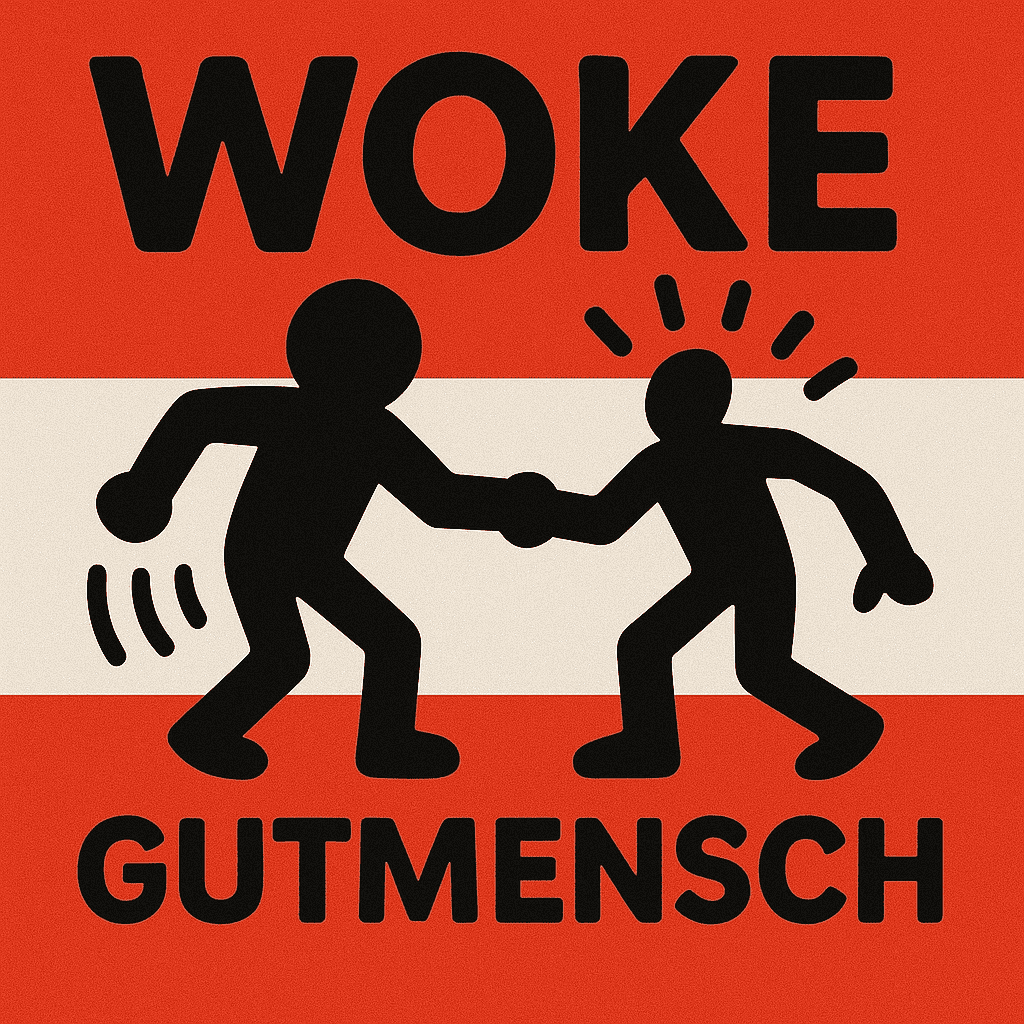1) What “woke” meant—and how it shifted (2010s → 2025)
Originally “woke” signaled alertness to racial injustice; by the late-2010s/2020s it broadened into a catch-all for progressive identity politics and became a pejorative used by critics. Wikipedia+1
2) 2020–2025 arc: from rapid adoption to visible pushback
- Policy & law: The U.S. Supreme Court (June 29, 2023) ended race-conscious college admissions (SFFA v. Harvard/UNC), catalyzing scrutiny of race-based preferences well beyond universities. {{meta.siteName}}+1
- Corporate practice: 2024–2025 brought DEI retrenchment across major firms (e.g., IBM, Constellation Brands; Walmart planning to phase out several DEI initiatives), reflecting legal risk, cost/benefit doubts, and reputational whiplash. Forbes+1
- ESG politics: U.S. states introduced waves of anti-ESG bills (at least 165 bills across 37 states in H1’23; 17 enacted), while federal courts in 2025 upheld the DoL’s permissive ESG “tie-breaker” rule—illustrating fragmentation and fatigue with politicized investing. TD Securities+2Pleiades Strategy+2
- Campus speech: The UK’s Higher Education (Freedom of Speech) Act (2023) tightened speech protections; in 2025 the regulator levied a record fine on Sussex University over free-speech failures—symbolic of a broader swing toward viewpoint pluralism. Wikipedia+2officeforstudents.org.uk+2
- Public sentiment: Polling shows “woke/political correctness” seen as electorally consequential and rising concern about censorship/free speech—a mood that erodes support for rigid speech policing. YouGov+1
3) Where the “woke package” delivered value
- Attention to discrimination & inclusion put long-ignored barriers on the agenda; some firms improved pipelines and workplace belonging.
- ESG transparency forced boards to quantify non-financial risks (climate, governance), improving disclosure discipline—even as politics later polarized it. (For the split reaction, see anti-ESG state trends vs. the federal rule’s survival.) TD Securities+1
4) Why it’s increasingly seen as obsolete (or at least misfiring)
- Legal headwinds & compliance risk (post-SFFA) make race-preferential schemes hard to defend or operate at scale. {{meta.siteName}}
- Backlash economics: Visible DEI/ESG rollbacks suggest weak ROI narratives and brand risk when initiatives look performative or politicized. Forbes+1
- Speech costs: Over-policing language chilled debate, triggering legislative/regulatory responses (UK) and public fatigue. Wikipedia+1
- Fragmented universalism: Identity-siloed remedies often under-serve cross-class majorities; voters gravitate to universal, measurable benefits (e.g., skills, safety, cost of living) rather than symbolic wins.
- Polarization penalty: “Woke vs anti-woke” became a culture-war treadmill; leaders are pivoting to problem-solving legitimacy (delivery, competence, freedom, fairness).
5) What replaces it: the “New Democratic World” (pragmatic, pluralist, delivery-first)
Principles
- Universalism over identitarianism: Target need (income/region/disadvantage) with race-neutral legality—avoids litigation traps while helping those actually left behind. (This “color-blind but not blind to disadvantage” stance aligns with the post-SFFA landscape.) {{meta.siteName}}
- Free speech as an operating system: Protect contestation + due process; sanction harassment, not disagreement. (The UK’s recent enforcement posture is a live template.) Financial Times
- Outcomes > optics: Tie inclusion and sustainability to clear metrics (hiring yield, pay-equity deltas, board accountability, audited Scope risk) rather than slogans; publish dashboards quarterly.
- Economic dignity: Prioritize growth levers with visible household payoffs—skills, housing, energy costs, security—so social cohesion rises with material progress.
- Depoliticized ESG: Treat ESG as risk management & disclosure, not ideology; allow fiduciaries to consider financially material factors, but avoid mandate/ban whiplash. Reuters
Playbook (Actionable, 6 moves)
- Legally durable inclusion: Replace category-based targets with socio-economic & geographic criteria; invest in early-career pipelines, mentorship, and literacy/skills programs with RCT evaluation. (Compliant post-SFFA.) {{meta.siteName}}
- Speech & trust compact: Adopt a Free-Inquiry Code: viewpoint diversity norms, due-process for complaints, and annual incident transparency—mirroring best-practice elements emerging in UK HE guidance. officeforstudents.org.uk
- Delivery metrics that matter: Publish ROICE-style scorecards for policy and corporate programs (Time saved, Money saved/earned, Convenience, Sustainability), replace virtue claims with verified gains.
- ESG 2.0: Reframe to “Financially Material Sustainability”—board-owned, audited, scenario-tested; communicate in investor language to defuse culture-war signaling. TD Securities
- Civic tech & deliberation: Use citizen panels, open data, and A/B-tested policy pilots; sunset rules that don’t meet outcome thresholds.
- Narrative reset: Lead with freedom + fairness + competence: protect liberties, deliver services, measure results—then invite contesting views publicly.
6) Bottom line
Between 2020 and 2025, “woke” politics moved mainstream but hit legal, economic, and cultural limits. Courts narrowed race-based policies; companies trimmed performative DEI; states split on ESG; universities and regulators re-centered free speech. Voters increasingly prize pluralism, legality, and delivery over symbolic alignment. That—more than ideology—is why the old package looks obsolete: the New Democratic World rewards results with rights.
Selected sources
Definition & evolution of “woke.” Wikipedia+1
SFFA (2023) decision ending affirmative action in admissions. {{meta.siteName}}+1
Corporate DEI retrenchment (2024–2025); Walmart plan. Forbes+1
Anti-ESG state wave; federal ESG rule upheld (2025). TD Securities+2Pleiades Strategy+2
UK free-speech law & enforcement; Sussex fine (2025). Wikipedia+2officeforstudents.org.uk+2
Public sentiment on “woke,” free speech & censorship. YouGov+1





